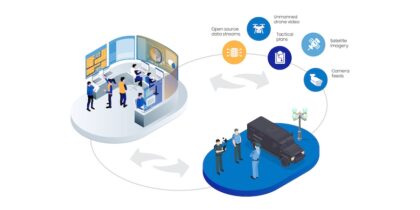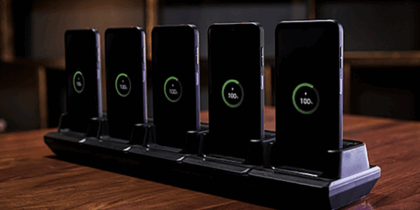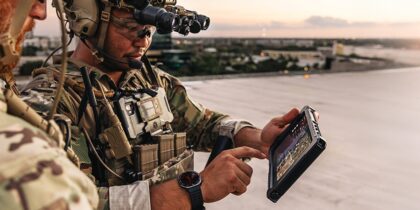Advances in technology have reshaped citizen expectations across the government, and federal health organizations are no exception. Patients not only want improved health outcomes through predictive technologies and other emerging innovations, but also an accessible, streamlined experience with their healthcare provider. This sentiment was echoed by federal leaders from the VA, CMS, HHS and FDA at Northern Virginia Technology Council’s Capital Health Tech Summit last week.
It has become clear to agencies that mobility is a key factor in meeting the demands of today’s health consumers, with more and more patients accessing federal health services via mobile phones. “About 33 percent of our traffic comes from smartphones, and that number is increasing every quarter,” pointed out Charles Worthington, chief technology officer of Veterans’ Affairs, who estimated that the number is closer to 50 percent across the government overall. Much of the patient experience occurs outside of the doctor’s office — whether it’s accessing records, renewing prescriptions or receiving appointment reminders via text. “It’s increasingly important to think about how the interactions work on a mobile device — almost as much if not more than the desktop,” explained Worthington.
Digitize Your Government Agency
Download your free guide to digital transformation for government agencies. Download Now
Better mobile healthcare offerings are also encouraging patient engagement, which creates a sense of personal involvement when it comes to health. Jerry Berger, senior manager of healthcare at Samsung, discussed in the event keynote various levels of patient involvement in health, with level one individuals viewing their health as primarily a doctor’s responsibility and level four individuals being enthusiastic advocates of their own well-being. Through new wearable technologies and platforms like the Breezie for Samsung tablets, Berger hopes to target the least engaged populations and “try and move them and get them more and more involved in their healthcare.” Federal health organizations have much to gain from this approach — it translates to fewer hospital readmissions, better coordination with healthcare providers and improved patient health outcomes.
Navigating the sheer amount of healthcare data being collected was a recurring theme of the summit, with security being a top concern. Jon Booth, director of the Web and New Media Group at the Centers for Medicare & Medicaid Services, said collection and transfer of health information “is definitely a balancing act with protecting people’s data.” VA’s Charles Worthington reiterated that sentiment, explaining the “need to protect veterans’ data with best-in-class security.” With the vast array of innovations entering the health market — from wearables to immersive technology — federal health organizations must ensure security remains a high priority. Agencies should adopt devices with baked-in security features to lay a strong foundation for safeguarding citizens’ most personal information, without interfering with convenience or functionality.
There are many exciting health technologies in development and on the market, and federal health organizations have more tools than ever to achieve their goal of an improved patient experience. To truly meet patients where they are, however, agencies need to ensure mobile capabilities are in place that can support user needs — and that those new technologies are secured to handle the sensitive personal health information with which they’re entrusted.
Learn more about how Samsung’s government solutions are transforming federal service delivery.









